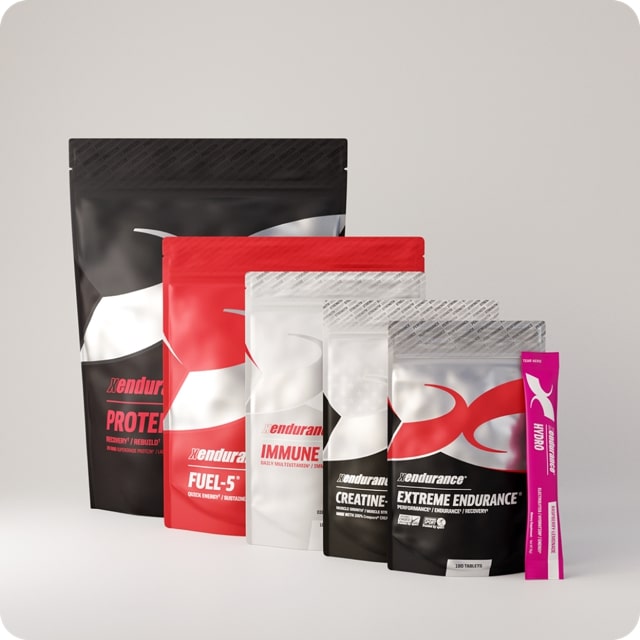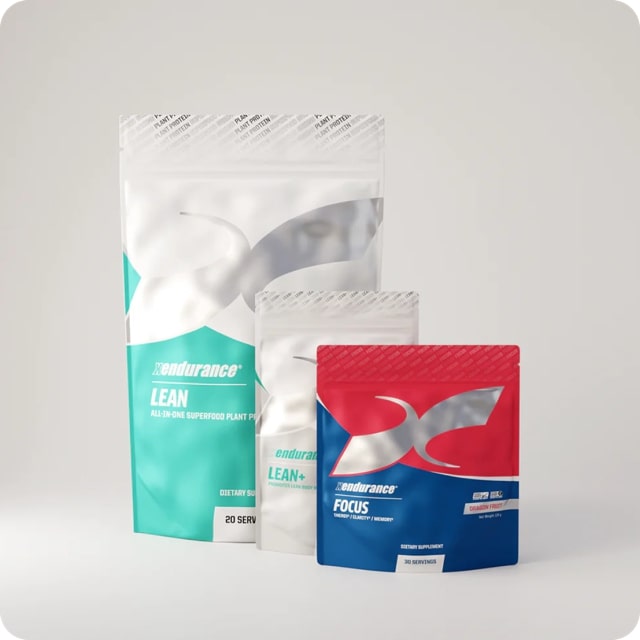Due to the surge in the popularity of cold water immersion therapy, more people have been opting for cold showers, ice baths, or even plunging into freezing water to enjoy the cold water plunge benefits.
If this is your first time hearing about cold water immersion, you might think it is crazy. However, those who have jumped onto the craze do not simply see it as a challenge. But, they also consider it to benefit their overall health.
Indeed, numerous studies have focused on cold water benefits — particularly on how it may positively impact one's physiological and psychological health.
To understand why many deliberately immerse themselves in cold water, here are the benefits of cold water immersion therapy.
Can Cold Water Immersion Be Good for You? 5 Cold Plunge Benefits to Consider
1. May Aid Muscle Recovery
Cold water immersion is a common intervention used by athletes. It is believed that exposure to cold water can promote muscle recovery and regeneration, which may then lead to better athletic performance. The ice baths benefits include reducing muscle soreness and aiding in faster recovery.
In a systematic review of current literature, there is evidence that cold water immersion help alleviate exercise-induced muscle soreness. Though researchers have yet to discover the exact mechanisms of action, they hypothesize the following:
- Cold water reduces tissue temperature, which decreases nerve transmission speed and muscle firing rate. This may help decrease muscle spasms and lower the perception of pain.
- Cold water causes blood vessels to constrict, which helps avoid swelling and edema. When vessels dilate, this stimulates blood flow and allows for more optimal nutrient and waste transportation (including lactic acid).
- Cold water reduces inflammatory response triggered by exercise-induced trauma. It may also reduce the cooled tissue's metabolic rate and oxygen requirement.
Frequently cold water immersion may impact long-term gains in building muscle mass and strength. As such, this recovery intervention may be better utilized only during intense exercise or competitions.
2. Help Lower Inflammation
Cold water immersion may help those who experience chronic inflammation and inflammation-related conditions.
According to studies, therapies such as cold water immersion and cryotherapy can reduce inflammation-associated biomarkers. This helps reduce morning stiffness and lower the severity of pain.
One study hypothesized that cold water exposure causes the body to focus on increasing metabolism to generate heat. This takes away resources for a malfunctioning immune system to attack the body. This helps lower harmful immune cells, which can help alleviate inflammation-related symptoms.
On the other hand, cold water immersion can increase leukocytes or white blood cells — which help fight against respiratory infections. This is in line with anecdotal evidence, which states that cold water swimmers appear less prone to coughs and colds.
3. May Enhance Mood and Well-Being
Cold water immersion may also improve overall mood and well-being.
In one study, participants reported feeling more energetic and active after four months of cold water swimming. They also felt less tired and had a better mood than the control group. In addition, these participants had conditions such as rheumatism, asthma, and fibromyalgia — and they noted that their pain was relieved.
In one case study, a young woman also saw a reduction in depressive symptoms after every session of cold water swimming.
Researchers have discovered that cold water immersion therapy can activate our sympathetic nervous system. This leads to the release of feel-good hormones such as epinephrine and dopamine. It also increases noradrenaline levels, which leads to alertness and arousal.
Other explanations for the mood-boosting effect of cold water immersion include the following:
- The physical shock of cold water sends electrical impulses to the brain, which can lead to antidepressant effects. It can also make us feel more awake and feel less fatigued.
- Cold water immersion can lead to resilience. Our body learns to adapt to the stress of cold water exposure. When similar stressors are experienced, our bodies can adapt more effectively.
- Cold water immersion helps reduce pain, soreness, and inflammation, indirectly benefiting our mood and well-being. We feel happier because we are no longer in pain.
4. Help Improve Circulation
Studies likewise found that cold water immersion can improve blood circulation, positively impacting physical health. Understanding how to improve circulation through cold water therapy can be a game-changer for athletes.
When exposed to cold water, blood vessels will constrict. Most of the blood is directed to your organs, muscles, and tissues, bringing valuable oxygen and nutrients. Then, as blood vessels dilate after cold water exposure, the blood also helps remove waste products from the body.
Continuous cold water therapy can aid in efficient and optimal blood flow. This helps reduce your risk of heart failure and other circulatory system-related diseases.
5. May Promote Weight Loss
How can cold water immersion help you lose weight? Researchers have found that populations who live in cold climates tend to have a higher basal metabolic rate. In one study, young men immersed at 68 degrees (F) saw a 93% increase in their metabolic rate.
High metabolism is associated with burning more calories. As such, cold water immersion may help you lose weight or maintain a healthy weight.
According to another study, cold water immersion helps stimulate brown adipose tissue (BAT) activity. BAT is considered a "good fat" in energy production. They allow us to burn more calories to maintain body heat in cold temperatures.
In comparison, white adipose tissue (WAT) is a "bat fat" that stores energy in the form of triglycerides (which are stored in fat cells and are a risk factor for heart disease).
Given these findings, cold water immersion may help you burn more calories — a crucial component of weight loss. However, current studies are limited. More research is needed to establish a stronger link between cold water immersion and weight loss.
It is also important to note that exposure to cold temperatures may increase one's appetite. It would help to avoid overconsumption after cold water immersion to take advantage of potential weight loss benefits.
How to Start Cold Water Immersion Therapy
As you can see, cold water immersion therapy has many potential health benefits. With more research to come, you can expect the list of cold water benefits to expand. But for now, current literature appears to be promising, highlighting the numerous benefits of cold water immersion.
So are you ready to ditch your electric heater and jump into the cold water bandwagon? First, we recommend a gradual immersion — starting with cold showers or ice baths. It's important to ease into the practice to help your body build tolerance.
Then, you'll be ready to take on the challenge of open-water swimming during winter in due time!
As a precaution, consult your primary physician to rule out underlying conditions that could lead to adverse health issues and safety risks. As much as cold water can be beneficial, safety is always the top priority.










Leave a comment
This site is protected by hCaptcha and the hCaptcha Privacy Policy and Terms of Service apply.